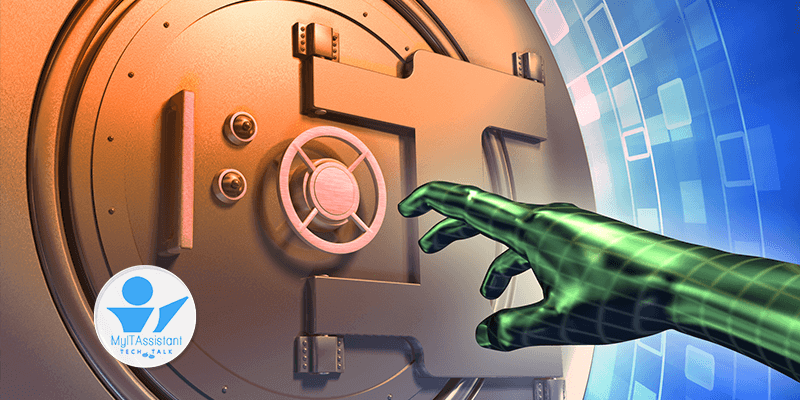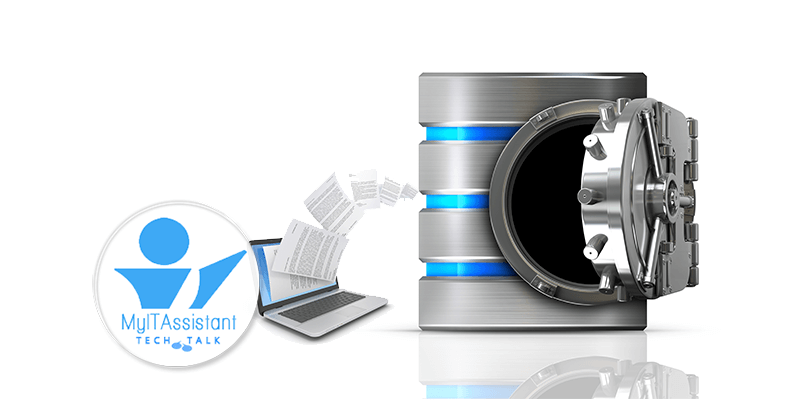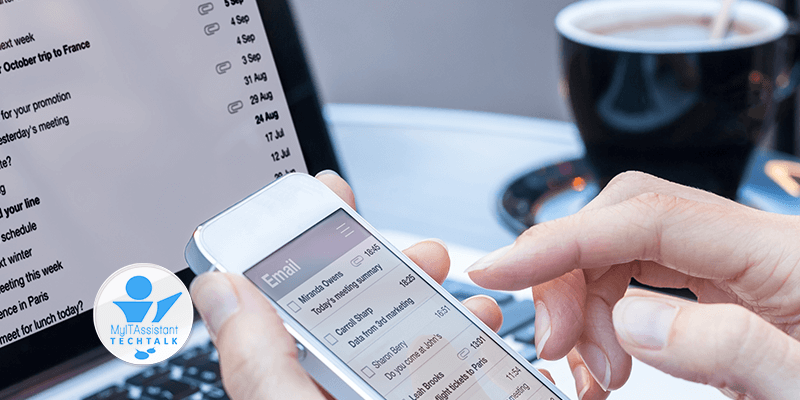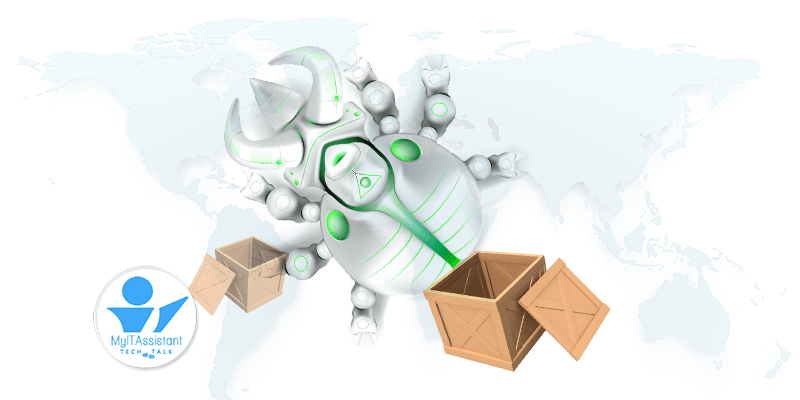Is Your Identity Safe
It is no surprise that identity theft is something we should all be concerned with. But did you know that last year’s identity theft numbers increased to more than 650% – it is expected to double again next year. The IRS alone has MILLIONS, yes millions, of fraudulent tax returns filed this last tax season – causing chaos for legitimate delayed returns up to 180 days. There are so many incidents the FBI and local law enforcement agencies are overwhelmed, most unable to do anything other than recommend self-help solutions, such as alerting credit report agencies (Experian, FICO, Equifax, TransUnion, Innovis, and PRBC – for the U.S.) and reporting to an online government identity theft program (identitytheft.gov – for the U.S.).
Identity theft is nothing new, but now it is too common to obtain information digitally. It is no surprise that the number one country identity theft comes out of is Russia, and America is the top victimized country in the world! It is something we should seriously think about.
You can do a couple of things to protect your identity. I challenge everyone to take a stronger stance against these attacks – be proactive!
- Strengthen your passwords! It’s time to make your passwords more complex and change them regularly. Use complex passwords of no less than ten characters, and make a point to change them at least every year. Never use the same password twice, or variations of that password – changing one digit isn’t going to cut it anymore. Never let your passwords have a dictionary word or name inside them, even if you swap out numbers, letters, and special characters. Avoid using the same password over and over again – keep them guessing.
- Change your passwords frequently! Most people will ignore this recommendation as it’s more inconvenient and hassle than anything else. But taking a few minutes annually or bi-annually to change your password to something completely new – again, keep them guessing.
- Clean up your tracks! It is imperative to clean your browser and computer frequently, including cookies, history, and cache. Most browsers have some Privacy or Anonymous mode – use them to protect yourself from websites attempting to get information from you – stay anonymous.
- Securely connect to websites! Avoid websites that do not utilize secure connection security – also called SSL. Look for a lock or the “https” portion in the URL (for example: going to google.com will automatically place you securely to https://google.com). This should be standard practice for all legitimate websites. This security ensures you communicate only with that website and not some unknown website – be cautious.
- Upgrade your computer! Older computers do not support today’s level of security that protects the computer and your data – leaving you vulnerable. If you are NOT running the latest Microsoft Windows 10 or Apple IOS version 10.11 operating system, consider upgrading to enhance your security and protection. Antivirus and other protective software are not enough to keep you safe.
- Upgrade your software! Running software older than eight years is pushing the envelope in today’s world – a lot has changed and should be considered a risk. Microsoft Office and Adobe products are among the most common and least updated.
The most frivolous things we let others have becomes the most crucial thing used against us – give them an inch, and they will take more than a yard!
Russell Kirkpatrick Tweet

President | Founder
Identity theft is a serious and growing problem that affects millions of people every year. Whether online or offline, criminals use a variety of tactics to steal personal information such as social security numbers, bank account information, and credit card details. To protect yourself from identity theft, it’s important to take the necessary precautions such as monitoring credit reports regularly, using strong passwords, and being cautious of suspicious emails or phone calls. Always remember to shred any paper documents containing personal information before disposing of them, and never give your personal details to anyone you don’t trust. By being vigilant and proactive, you can greatly reduce your risk of becoming a victim of identity theft.







